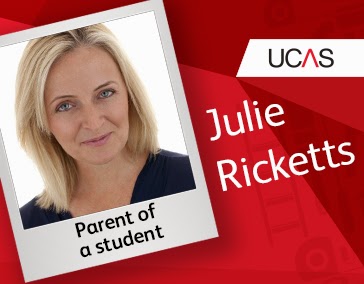Your application needs to be with us by 18:00 (UK time) on 15 January to guarantee it’ll get equal consideration by the unis or colleges you’re applying to. If you apply after this deadline, the unis you’re applying to don’t have to consider your application.
If you’re a relaxed sort of person who likes to leave things to the last minute, you’re putting your application in danger. Here are the top reasons why leaving it to the last minute is really not a clever idea:
Stress – if you finish your application now, you don’t have to worry about it over the Christmas holidays, and so can relax and have fun without the nagging guilt of an unfinished application.
Technical issues – if you leave it until the last minute, your computer breaks and off-and-on-again doesn’t quite cut it, you’ll be in real trouble.
Research – some unis or colleges might want to see proof of your qualifications, so leave yourself plenty of time to find and dust off those certificates.
You won’t do yourself justice – especially when it comes to the personal statement, it pays to plan, redraft and redraft again. You’ll want to make sure your application is the best it can possibly be, and you won’t be able to do this if you leave it until the last minute.
If you’re a relaxed sort of person who likes to leave things to the last minute, you’re putting your application in danger. Here are the top reasons why leaving it to the last minute is really not a clever idea:
Stress – if you finish your application now, you don’t have to worry about it over the Christmas holidays, and so can relax and have fun without the nagging guilt of an unfinished application.
Technical issues – if you leave it until the last minute, your computer breaks and off-and-on-again doesn’t quite cut it, you’ll be in real trouble.
Research – some unis or colleges might want to see proof of your qualifications, so leave yourself plenty of time to find and dust off those certificates.
You won’t do yourself justice – especially when it comes to the personal statement, it pays to plan, redraft and redraft again. You’ll want to make sure your application is the best it can possibly be, and you won’t be able to do this if you leave it until the last minute.

















